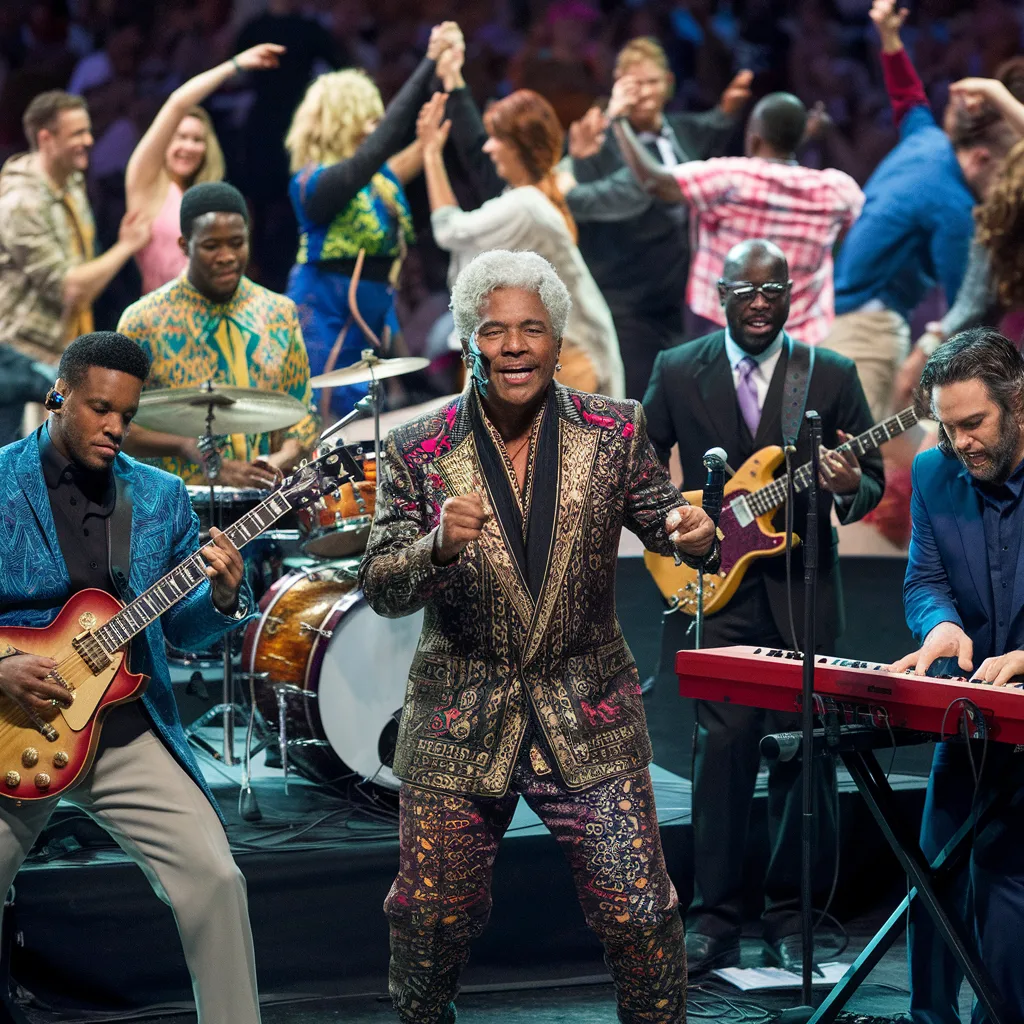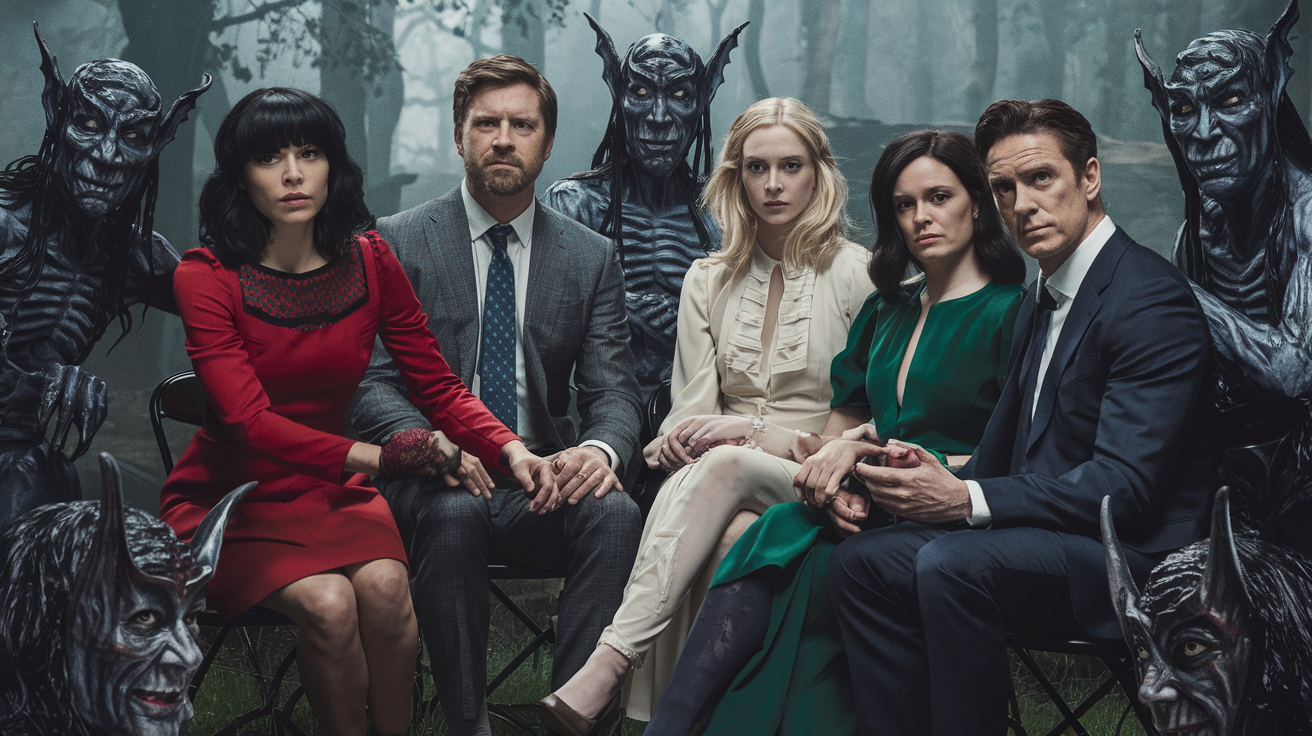
The Evolution and Influence of Secular Music
Secular music, defined as music not intended for religious purposes, has been a vital part of human culture for centuries. Unlike sacred music, which is designed for worship and religious ceremonies, secular music encompasses a broad spectrum of styles and genres that reflect the diversity of human experiences and emotions. This article delves into the history, evolution, and cultural significance of secular music, highlighting its impact on society and its enduring appeal.
The Origins of Secular Music
Secular music has ancient roots, tracing back to the earliest civilizations. In ancient Greece, secular music was an integral part of public events, theatrical performances, and private gatherings. Instruments like the lyre and aulos accompanied songs that ranged from love ballads to celebratory hymns. Similarly, in ancient Rome, music was a key component of entertainment, with performances held in amphitheaters and at banquets.
During the medieval period, secular music began to flourish in Europe. Troubadours and minstrels traveled from town to town, performing songs that told stories of chivalry, romance, and social commentary. These performers were instrumental in spreading music and cultural narratives across different regions.
Renaissance and Baroque Periods
The Renaissance period (14th to 17th centuries) marked a significant evolution in secular music. With the advent of the printing press, music could be disseminated more widely, leading to increased composition and performance of secular works. Composers like Claudio Monteverdi and John Dowland contributed to the growth of madrigals and lute songs, which were popular in courts and among the aristocracy.
In the Baroque era (17th to 18th centuries), secular music saw further development with the rise of opera and instrumental music. Composers such as Johann Sebastian Bach and Antonio Vivaldi created complex and expressive works that expanded the boundaries of musical expression. Opera, in particular, became a major form of entertainment, blending music, drama, and visual art.
Classical and Romantic Periods
The Classical period (18th to early 19th centuries) brought a refined and structured approach to secular music. Composers like Wolfgang Amadeus Mozart and Ludwig van Beethoven wrote symphonies, sonatas, and operas that emphasized clarity, balance, and form. Secular music during this time was performed in concert halls and salons, becoming accessible to a wider audience.
The Romantic period (19th century) saw a shift towards emotional expression and individualism in music. Composers such as Franz Schubert, Johannes Brahms, and Richard Wagner explored new themes of nature, nationalism, and the human experience. The piano became a popular instrument for both composition and performance, enabling musicians to convey a wide range of emotions.
20th Century and Beyond
The 20th century brought unprecedented changes to secular music with the advent of new technologies and genres. Jazz, blues, rock and roll, and electronic music emerged, each contributing to the rich tapestry of secular music. Artists like Louis Armstrong, Elvis Presley, The Beatles, and Michael Jackson revolutionized music, influencing countless musicians and shaping popular culture.
In the contemporary era, secular music continues to evolve, incorporating elements from various genres and cultures. The rise of digital media has transformed how music is produced, distributed, and consumed. Streaming platforms, social media, and music videos have created new avenues for artists to reach global audiences.
The Cultural Impact of Secular Music
Secular music has always played a crucial role in reflecting and shaping societal values. It serves as a vehicle for personal expression, social commentary, and cultural identity. Songs can inspire movements, challenge norms, and bring people together. From protest songs of the civil rights movement to anthems of love and unity, secular music has the power to influence and reflect the times.
Moreover, secular music is a significant economic force, driving industries such as entertainment, fashion, and technology. It creates jobs, generates revenue, and fuels innovation. Festivals, concerts, and music awards are major events that celebrate the creativity and achievements of artists worldwide.
Conclusion
Secular music, with its diverse genres and styles, continues to be a fundamental aspect of human culture. Its ability to evolve and adapt to changing times ensures its relevance and appeal across generations. Whether through the timeless compositions of classical masters or the innovative sounds of modern artists, secular music remains a powerful medium for expression, connection, and cultural enrichment. As we look to the future, secular music will undoubtedly continue to inspire, entertain, and influence society in profound ways.




